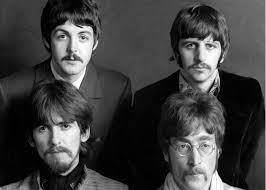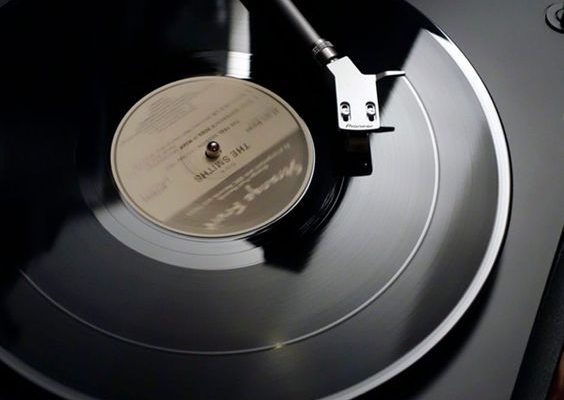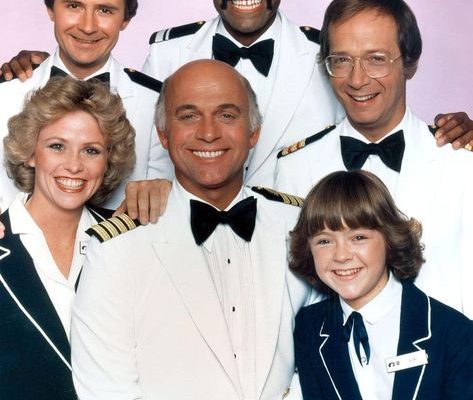“Isn’t It a Pity”: The Best Song The Beatles Ever Rejected

In the vast and illustrious discography of The Beatles, numerous tracks have ascended to iconic status, defining an era of music and setting benchmarks for artists to come. Yet, among the band’s treasure trove of melodies lies a gem that, surprisingly, never made it onto any of the Fab Four’s original album releases: George Harrison’s “Isn’t It a Pity.”
Released later by Harrison on his triple album “All Things Must Pass” in 1970, this emotionally charged track was twice presented during Beatles recording sessions but was ultimately overlooked both times. The song’s rejection only highlights the overflowing abundance of talent and creativity within the band, which unfortunately led to some remarkable compositions falling by the wayside.
“Isn’t It a Pity” is now considered one of Harrison’s crowning achievements as a solo artist but deserves recognition for what it could have been—a revolutionary addition to The Beatles’ already groundbreaking body of work. This article delves into how such an exquisite piece could slip through the cracks and asserts its rightful place as arguably the best song The Beatles ever let go.
The song was first introduced during the recording sessions for the seminal “White Album” in 1968. Yet despite its haunting melody and introspective lyrics that mirrored John Lennon’s contemporary musings in “Julia” and “Yer Blues,” it failed to make the cut. Again during sessions for their final album “Let It Be,” Harrison brought forth “Isn’t It a Pity.” However, amidst the fractious environment and creative disputes that characterized those recordings, the song was set aside.
The rejection of “Isn’t It a Pity” speaks volumes about The Beatles’ dynamics at the time. As each member increasingly explored their individual artistry, competition for limited album space intensified. Paul McCartney and John Lennon dominated much of this space with their prolific songwriting partnership leaving little room for Harrison’s growing talents.
In essence, “Isn’t It a Pity” is a melancholic reflection on human nature and its tendency towards self-centered behavior—a poignant theme that undeniably resonated with Harrison during his time with The Beatles. Its ethereal arrangement and repetitive structure serve as an invitation for self-reflection—a stark contrast to some of The Beatles’ more pop-oriented numbers.
Upon its release on “All Things Must Pass,” which also included other neglected masterpieces like “My Sweet Lord” and “What Is Life,” “Isn’t It a Pity” received critical acclaim. Listeners were taken by its heartfelt message and meditative quality that confirmed Harrison not just as a lead guitarist but as a profound songwriter in his own right.
Looking back, one might argue that had “Isn’t It a Pity” been included on any of The Beatles’ albums, it would have not only offered another dimension to their evolving sound but would have further showcased Harrison’s unique voice within the group. It stands as a testament to what could have been—an alternate reality where George Harrison’s quiet genius was allowed more space to shine alongside Lennon/McCartney compositions.
As we celebrate the legacy of The Beatles, it is essential to acknowledge the songs like “Isn’t It a Pity,” which perhaps more than anything illuminates both the limitations and extraordinary capabilities within such an illustrious band. Even though it was rejected not once but twice by The Beatles, in its post-Beatles rebirth, it has secured its position in music history as one of George Harrison’s most enduring works and indeed as one of the best songs The Beatles ever rejected.






